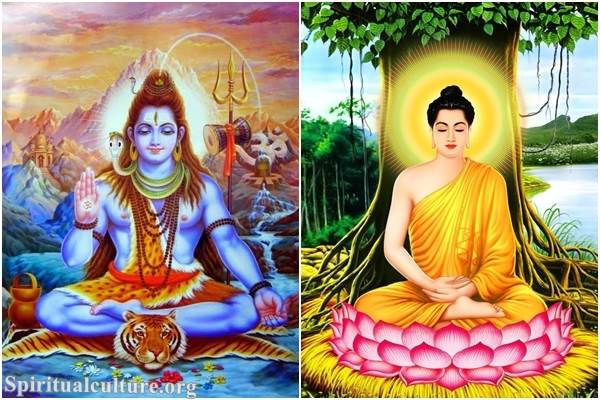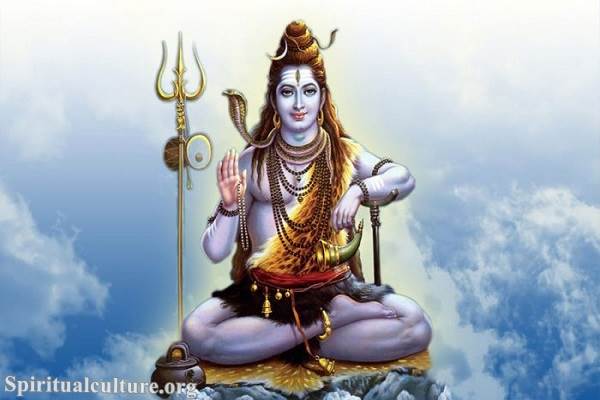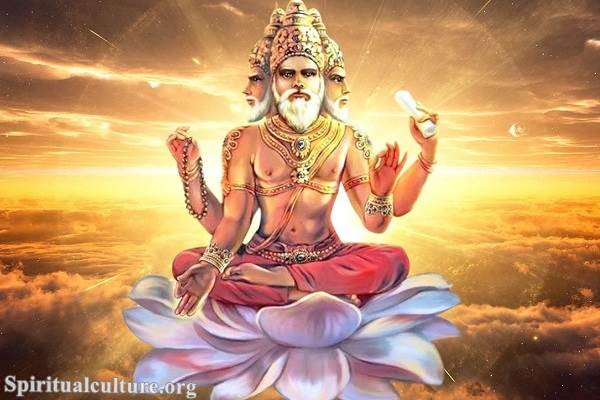Hinduism and Buddhism similarities
Hinduism and Buddhism have several similarities, including:
– Both religions believe in the cycle of birth, death, and rebirth, where one’s actions determine their future life.
– Both religions emphasize the importance of personal growth and self-improvement.
– Buddhism’s Four Noble Truths (suffering, its cause, the possibility of ending suffering, and the path to end suffering) are similar to Hinduism’s concept of dharma, which refers to living in accordance with natural law and order.
– Both religions promote non-violence and the avoidance of harm to all beings.
– Both religions place a strong emphasis on meditation as a means of attaining inner peace and spiritual enlightenment.
However, there are also significant differences between Hinduism and Buddhism, such as their beliefs about the nature of the self, the ultimate goal of spiritual practice, and the existence of gods.
Hinduism and Buddhism differences
Hinduism and Buddhism are two distinct religions that have several differences:
– Hinduism believes in the existence of a permanent self or soul, while Buddhism denies the existence of a permanent self and instead teaches the concept of anatman (no-self).
– Hinduism is a polytheistic religion and recognizes multiple gods, while Buddhism is non-theistic and does not acknowledge the existence of a creator deity.
– The ultimate goal in Hinduism is to attain moksha, a state of liberation from the cycle of rebirth and reunification with the divine. In Buddhism, the ultimate goal is to achieve nirvana, a state of peace, enlightenment, and release from the cycle of suffering and rebirth.

– Hinduism has a caste system that determines social status based on birth, while Buddhism denies the concept of a caste system and teaches the equality of all beings.
– Hinduism has a large body of scriptures including the Vedas, the Bhagavad Gita, and the Puranas, while Buddhism has a smaller collection of scriptures, known as the Pali Canon.
– Hinduism has a wide range of practices, including puja (worship), yoga, and asceticism, while Buddhism emphasizes the importance of ethical conduct, mindfulness, and meditation.
– Hinduism views material existence as a necessary aspect of existence and emphasizes the importance of living a virtuous life in the material world. Buddhism, on the other hand, views the material world as a source of suffering and emphasizes the importance of detached observation and non-attachment.
– While both Hinduism and Buddhism believe in reincarnation, they have different views on what is reincarnated. Hinduism believes in the reincarnation of the soul, while Buddhism believes in the reincarnation of consciousness.
– Hinduism places a significant emphasis on rituals, such as puja (worship) and homa (fire sacrifice), while Buddhism downplays the importance of rituals and emphasizes the importance of personal spiritual practice.
– Hinduism has a long and complex history that stretches back thousands of years, while Buddhism was founded by the Buddha in the 5th century BCE and spread throughout Asia.
These are a few more differences between Hinduism and Buddhism. It’s important to note that within each religion, there is a wide range of beliefs, practices, and interpretations, and the differences outlined here are generalizations that may not hold true for all individuals.
The conflict between Buddhism and Hinduism
There is no inherent conflict between Buddhism and Hinduism. Both religions originated in ancient India and share many cultural, philosophical, and spiritual beliefs. However, historically, there were conflicts between followers of Hinduism and Buddhism, particularly regarding the status of the Buddha as a deity and the rejection of the Vedas and caste system by Buddhism.
Despite this, there has also been a long history of syncretism and mutual influence between the two religions, with Buddhist practices and ideas being absorbed into Hinduism and vice versa.
Today, many Hindus and Buddhists coexist peacefully in India and elsewhere, and there is often a blending of the two religious traditions in spiritual practice and belief.
Facts about Hinduism and Buddhism
Hinduism is the oldest religion in India and one of the oldest in the world, originating around 1500 BCE. It is a diverse religion with no single founder or scripture and is based on a collection of sacred texts known as the Vedas. Hinduism believes in a cycle of reincarnation and the concept of dharma, which dictates that individuals have a moral and ethical duty based on their caste, age, and gender. The ultimate goal is to achieve moksha or liberation from the cycle of rebirth.
Buddhism is a religion and philosophy founded by the Buddha (Siddhartha Gautama) in India in the 5th century BCE. It teaches that suffering arises from desire and ignorance and can be overcome through following the Eightfold Path, which includes practices such as ethical conduct, mental discipline, and wisdom. Buddhism emphasizes the Four Noble Truths and the concept of impermanence, and it spread from India throughout Asia and beyond.
Both Hinduism and Buddhism have had a profound impact on the cultures and societies in which they exist and continue to be widely practiced today.


